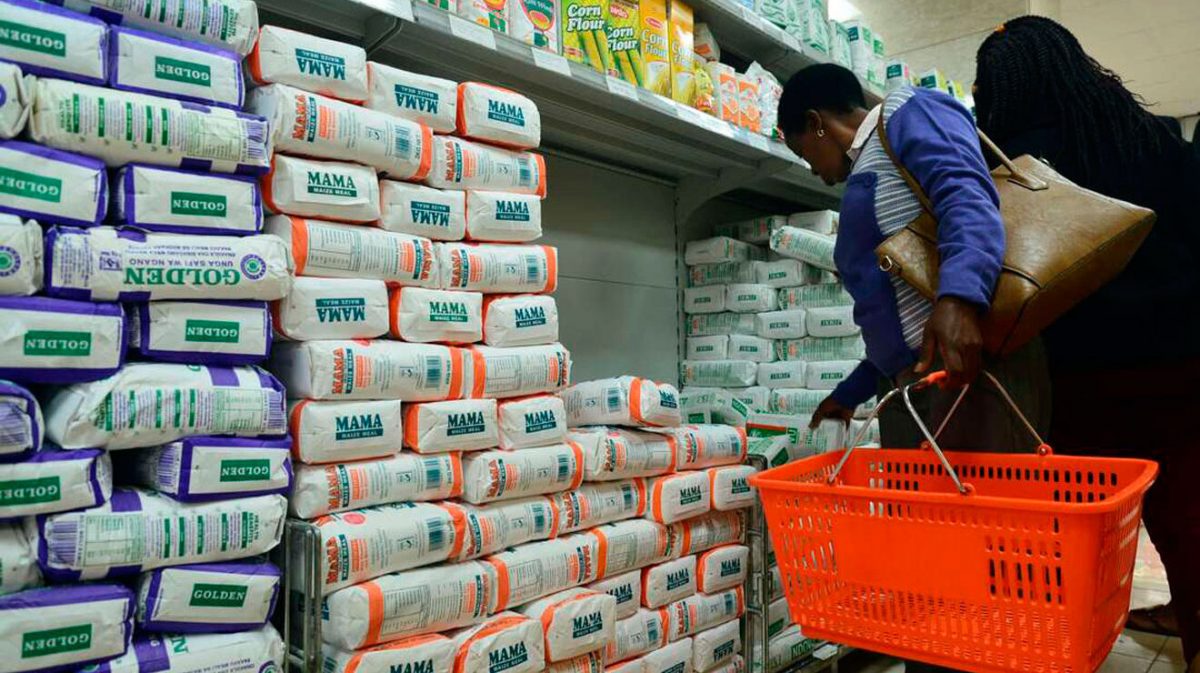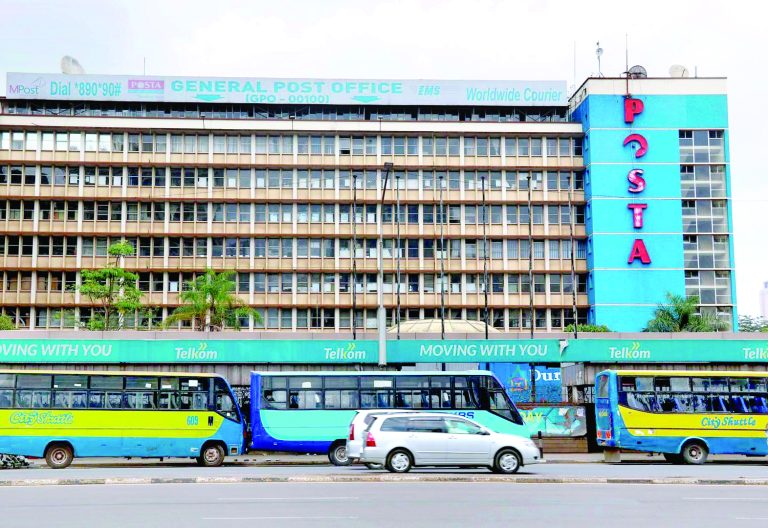Experts divided on State plan to sell food in shops

Experts are divided over the plan by Kenya National Trading Corporation (KNTC) to import and distribute cheap food through select shops countrywide.
While some view the move as a good step towards alleviating the food shortage in the country others see it as the government entering into business, a move that could strangle private sector players.
Wholly owned by the government, the corporation has received a guarantee from KCB Bank to import cheap food worth Sh24 billion and distribute it to 120,000 shops across the country for eventual sale to consumers.
It plans to import and distribute 10,000 tonnes of household goods on a duty-free basis. The State will pay the suppliers later after recovering cash from the corner shops, avoiding the need for upfront payment by the corporation.
Through a letter of credit, KCB has guaranteed that sellers will receive the buyer’s payment on time.
Samuel Nyandemo, a senior economics lecturer at the University of Nairobi lauded the move but said he doubted KNTC’s capacity to execute the plan efficiently.
“These are very trying moments. Any opportunity which the government is trying to seize will go towards cushioning the disadvantaged in society. But honestly, there should be a better avenue of doing that because this is an outfit which has no credibility,” he said.
Timothy Njagi, a senior researcher with food security think tank Tegemeo Institute, however, said the move by KNTC could affect private players in the food sector negatively. He said the intervention was likely to face challenges because experience has shown that the government is not good at doing business.
Direct competition
“This is government going into business. Don’t you think they are going to displace some private sector people? If we start having direct competition with the private sector, that is not good,” Njagi said.
“Why couldn’t they work with the private sector? The idea is not to punish them. They are in business and have to make some margins,” he added.
He noted that even outside Kenya, food is still expensive due to various geo-political factors, adding that the high cost of living was a complex issue that needed to be looked at deeply. The Corporation, on the other hand, has dispelled the idea that the intervention will have any negative effects on the market, saying it will actually help to stabilise prices.
“The recommended retail price will be managed by supply and demand forces. This will not collapse the market but increase competition. It will also ensure other traders manage their pricing achieving the overall objective of price stabilisation,” Pamela Mutua, managing director at KNTC, told a local daily.
Duty exemption
Kenya Revenue Authority issued an exemption on duty to KNTC for the importation of 125,000 tonnes of cooking oil, 25,000 tonnes of rice, 80,000 tonnes of beans, 200,000 tonnes of sugar and 150,000 tonnes of rice. This is in addition to the previous duty exemption on 100,000 tonnes of sugar, 100,000 tonnes of rice and 900,000 tonnes of maize, which was issued last November.
The plan by KNTC comes at a time when Azimio leader Raila Odinga has launched a movement to force President William Ruto’s administration to address several issues, one being addressing the food shortage in the country. It is not yet clear if the intervention by KNTC will have any impact on the planned mass action by Azimio.












